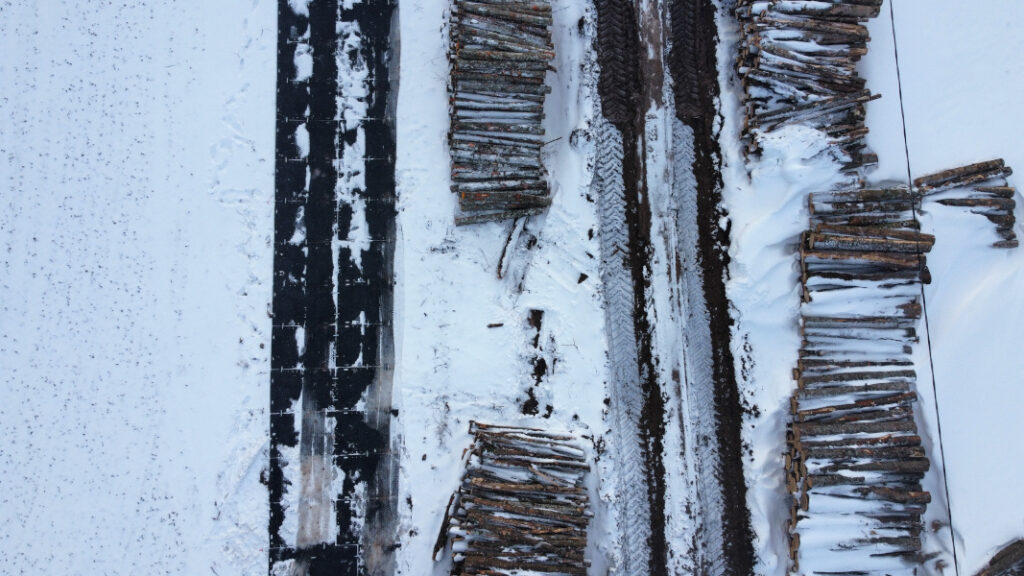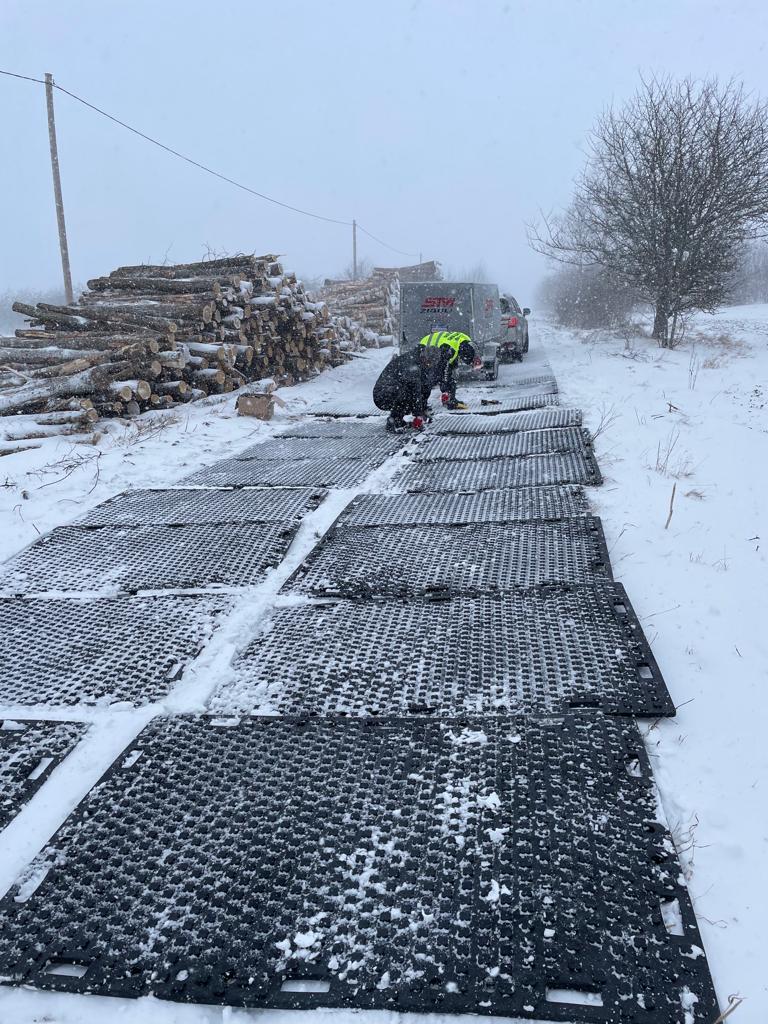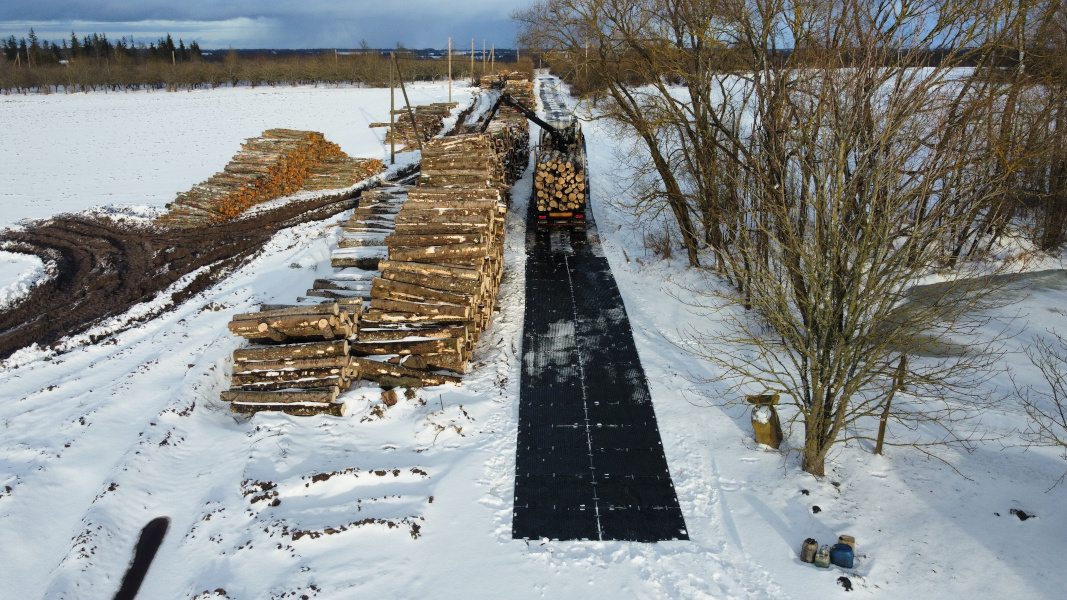Recycled road plates are a modern solution that is increasingly being used on roads and parking lots. Compared to traditional materials like concrete or wood, recycled plates offer numerous advantages that make them an ideal choice throughout the year.
During the winter season, they are particularly useful, especially when there is a higher risk of wet and muddy ground. Thanks to their properties, these plates not only prevent vehicles from getting stuck but also provide good traction even on slippery surfaces due to their raised patterns. Furthermore, they are resistant to low temperatures, meaning they do not get damaged due to temperature fluctuations.
In the summer season, they also perform exceptionally well because they are resistant to the effects of sunlight and high temperatures. The material they are made of provides a comfortable surface for driving, parking vehicles, and pedestrian traffic. Moreover, they are moisture and rain-resistant, meaning they do not change their properties when exposed to water.
Compared to other materials, recycled road plates have numerous advantages. Wooden plates are not waterproof and can be damaged by moisture, while concrete plates can crumble and crack due to temperature changes. Recycled plates are moisture-resistant, do not crack or crumble, which means they are durable and can serve for many years.
They work perfectly in freezing winters as well.

And in scorching summers.

In summary, road plates made from recycled materials are increasingly preferred by investors due to their durability, flexibility, and eco-friendly nature. They help avoid issues associated with competitive solutions. Furthermore, they are weather-resistant and perform well throughout the year, regardless of temperature and humidity. It is worth considering their use in investments as it contributes to improving work comfort and safety.


